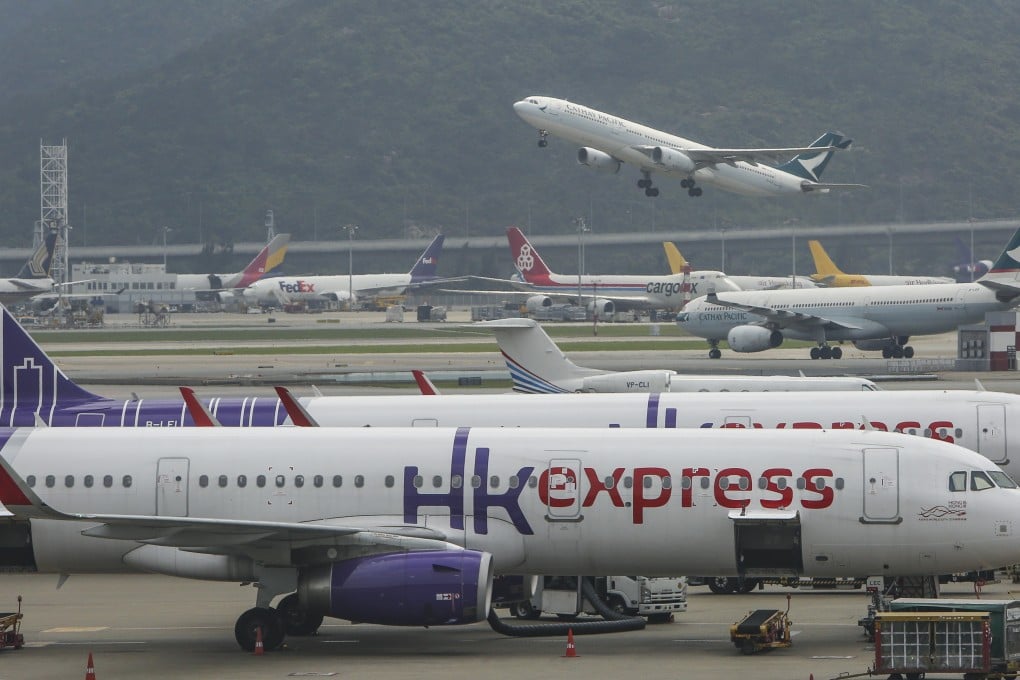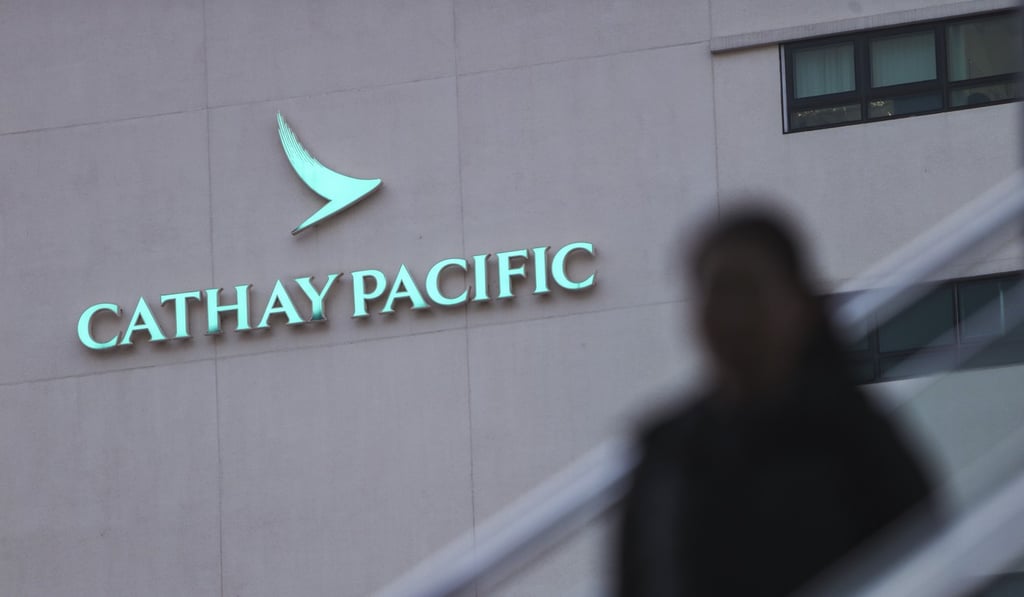Cathay Pacific shifts planes to HK Express, showing confidence in newly acquired low-cost carrier
- Order for 32 Airbus single-aisle jets to be divided equally between its full-service regional carrier Cathay Dragon and HK Express
- Allocation of new aircraft is first major strategic development for the low-cost carrier since Cathay seized control from HNA Group

Cathay Pacific will transfer 16 orders for narrowbody Airbus aircraft to HK Express, its newly acquired budget airline, in a move that underscores confidence in the low-cost carrier and the entire group’s long-term prospects despite recent turmoil, an analyst said.
Cathay on Friday said its order for 32 Airbus A321neo single-aisle jets would be split equally between its full-service regional carrier Cathay Dragon and HK Express, which was taken over in March for HK$4.93 billion (US$628 million).
The adjustment means Cathay Dragon would receive its new aircraft between 2020 and 2022 and HK Express would start to receive its orders from 2022. The original purchase for the aircraft at catalogue prices, worth HK$31.7 billion, was signed in 2017.

“We will continue to invest in each of our airlines, their products and services,” Tang said in a statement. “New aircraft are always the best platform to showcase our customer experience offerings.”